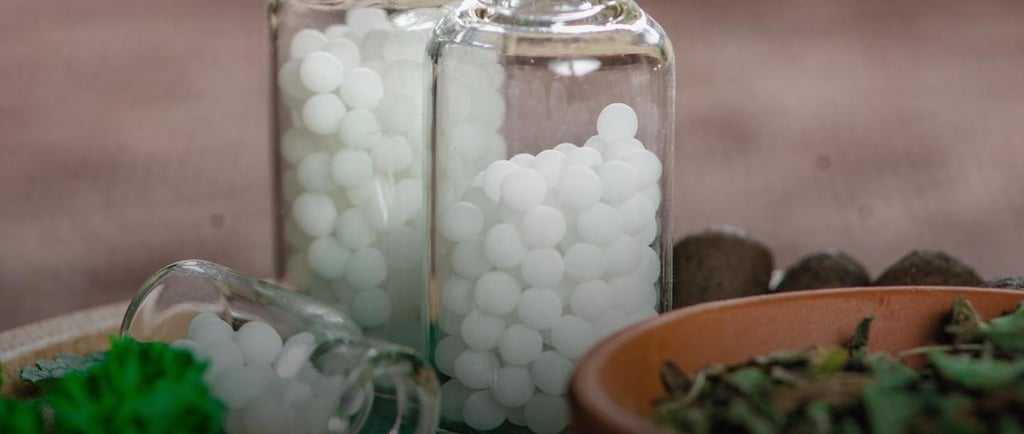The Delhi High Court dismissed a petition from a woman who claimed to have survived 25 gunshots using homeopathy.
The Delhi High Court recently dismissed a woman's petition challenging the rejection of her complaint, in which she claimed to have survived 25 bullet wounds, including four to her head, through homeopathy. Justice Anup Jairam Bhambhani found no coherence in her claims and upheld the earlier decisions of the Sessions Court and Magistrate Court, which had dismissed her case. The Sessions Court had described her story as a "fairy tale," questioning the plausibility of her recovery through homeopathy. The woman had alleged that she was sexually assaulted and shot multiple times in 2009, but her wounds allegedly healed after taking homeopathic medicine. The High Court found no reason to overturn the previous rulings and dismissed her petition.
3/9/20252 min read


The Delhi High Court has recently dismissed a woman's petition challenging the rejection of her complaint, where she claimed to have survived multiple gunshot wounds, including four to her head, through the use of homeopathic medicine. The woman’s case was initially dismissed by both the Sessions Court and the Magistrate Court, which led her to appeal the decision in 2013.
Justice Anup Jairam Bhambhani, presiding over the matter, observed that the woman’s submissions lacked coherence and logical consistency. In his ruling, Justice Bhambhani stated that there was no clear or convincing reason to overturn the previous decisions made by the lower courts. The Sessions Court had described the woman’s narrative as a "fairy tale," suggesting the implausibility of her claims that bullets lodged in her head and hands had spontaneously exited her body simply due to her consumption of a few homeopathic tablets.
The woman’s complaint, which had been filed in 2009, contained a highly unusual and extraordinary series of events. She alleged that she was sexually assaulted by an unknown person on the road and subsequently shot more than 25 times, with four bullets striking her head. The petitioner further claimed that the attacker used multiple firearms, including three fully-loaded revolvers and one fully-loaded machine gun. Despite the severity of these injuries, the woman asserted that she recovered through the use of homeopathic remedies, which she administered to herself.
The lower courts had already found these claims to be lacking in credibility. In its ruling, the Sessions Court not only dismissed the woman's story but also criticized it as a work of fiction, especially noting the implausibility of the claim that her gunshot wounds healed due to homeopathic treatment. The Magistrate’s order, dated September 20, 2012, had also dismissed her complaint, a decision that was later upheld by the Sessions Court on October 18, 2012.
In her petition to the High Court, the woman sought to challenge the dismissal of her complaint, but the court found no substantial grounds to interfere with the earlier rulings. Justice Bhambhani emphasized that the submissions made by the petitioner failed to present any new evidence or convincing arguments to overturn the decisions of the Magistrate and Sessions Court. Therefore, the High Court ruled that it saw no reason to intervene in the case and dismissed her plea.
This case highlights the importance of providing credible evidence when making serious allegations, especially when it involves extraordinary claims such as surviving multiple gunshots through unconventional means like homeopathy. The High Court's decision reinforces the principle that the courts must rely on logical and consistent submissions, and cannot entertain claims that lack coherent and credible support.
Despite appearing in person to present her case, the petitioner was unable to convince the High Court of the veracity of her claims. As a result, the Court's final decision was to reject her appeal, leaving the dismissals by the lower courts intact.
This ruling serves as a reminder that legal claims must be grounded in factual consistency and substantiated by credible evidence for them to be considered by the courts.
